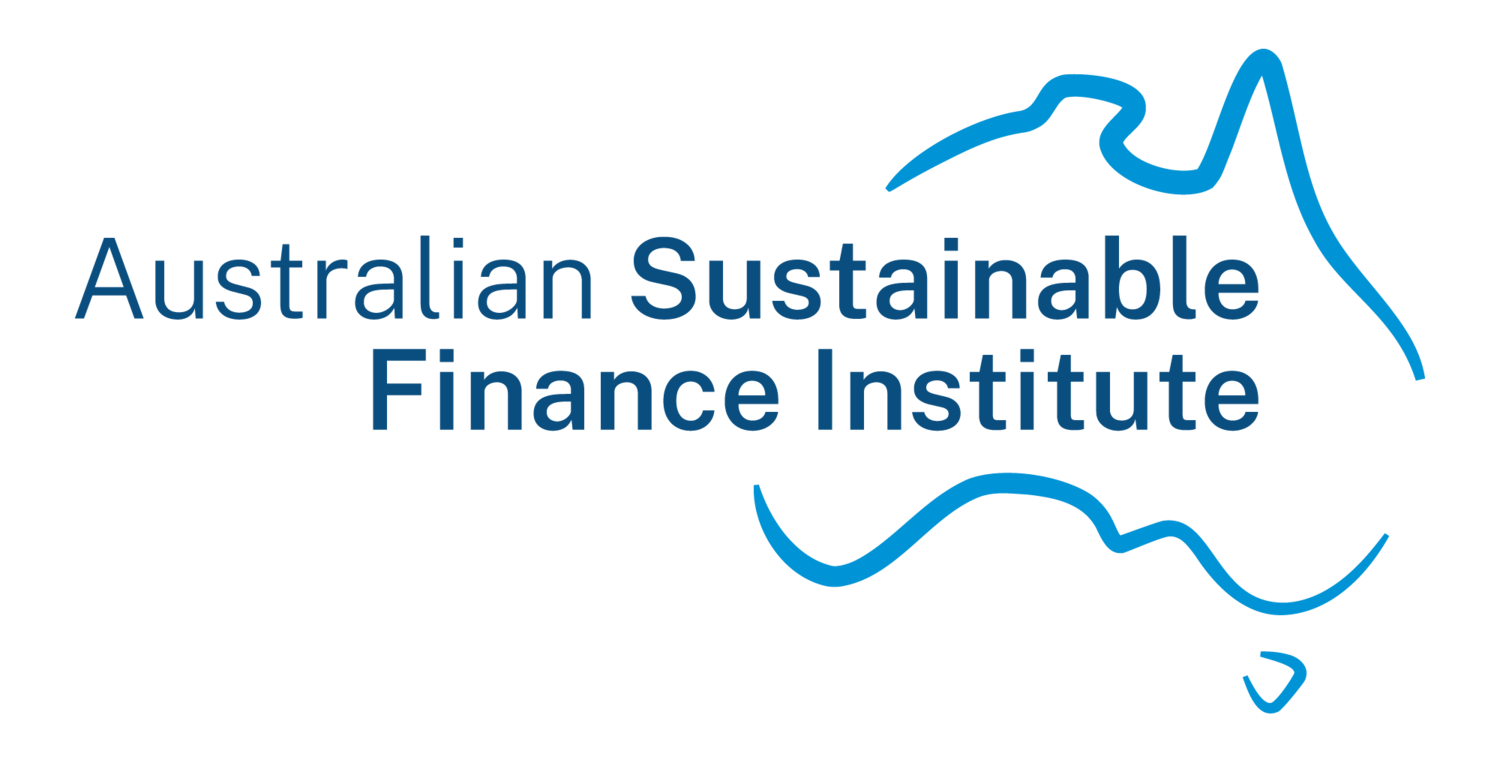ASFI Newsletter – February
Don’t miss your opportunity to secure a 25% discount on attendance to the 2025 Australian Sustainable Finance Summit with our exclusive Super Early Bird offer! Offer expires 24 March 2025.
The Australian Sustainable Finance Summit is Australia’s must-attend event that brings together industry leaders, investors, bankers and insurance providers to collaborate for sustainable finance. The 2025 Australian Sustainable Finance Summit will be held on Wednesday, 30th July 2025 on Gadigal Country, with a focus on driving action for progress.
Read on for:
ASFI’s Sustainable Finance Course Directory
New research links strong net zero disclosures with lower cost of debt
Register for our upcoming events:
Sustainable Finance Course Directory
Sustainable Finance is a fast-evolving field that benefits from diverse expertise in finance and sustainability. To support skills and knowledge needed to navigate this complex environment, ASFI has created a Sustainable Finance Course Directory. The Directory features sustainable finance training in Australia, abroad and online. To add a course to ASFI’s course directory, please complete this form. Access the Directory →
In the News
Research links strong net zero disclosures with lower cost of debt, while varied approaches to Asian taxonomies limiting uptake
The University of Oxford has published research examining how net zero transition (NZT) disclosures influence debt financing costs in the global energy and utilities sectors. Analysing 40,449 loan facilities across 47 countries from 2002 to 2022, the research found that firms with higher NZT scores benefit from lower loan spreads, indicating that lenders view these companies as lower risk and more creditworthy. Specifically, a one-standard-deviation increase in the NZT score correlated with a 2.82 basis point reduction in loan spreads globally, equating to a 2% relative decrease. This effect was particularly pronounced in regions with stronger climate policy and regulation – notably Europe, where the same increase in NZT score led to a 20.7 basis point reduction in loan spreads.
Meanwhile, a recent Sustainable Fitch report highlights that inconsistent approaches across Southeast Asian sustainable finance taxonomies are limiting their uptake. Key inconsistencies include criteria for ‘amber’ or ‘transition’ categories, prescribed performance thresholds and data requirements, and the interaction between taxonomies and related regulations such as corporate disclosure requirements. The report also identifies uncertainty among market participants about which taxonomy to coalesce around, underscoring the importance of work to drive alignment of sustainable finance policies and frameworks in order to unlock flows of capital for sustainability objectives. The release late last year of a Multi-jurisdiction Common Ground Taxonomy between the EU, China and Singapore is a step towards better understanding where these taxonomies converge and differ. Further alignment of sustainable finance frameworks is a key priority in the Australian Government’s Sustainable Finance Roadmap. ASFI is supporting the Government to deliver this agenda in various markets including New Zealand and Indonesia.
Upcoming Industry Events:
The Green Room: The pathway to sustainable farming
26 February, 11:00am-12:00pm. Online.
Learn about CEFC’s free Towards Net Zero Agriculture Pathfinder tool developed with CSIRO and $300 million of discounted finance available through two NAB programs, which provide options for farmers seeking to boost sustainability.
Resources


